Ms. Nguyen Thanh Giang - General Director of Tetra Pak Vietnam commented: "We always have programs in schools to talk to children about the process of raising awareness about collecting and recycling packaging. We also develop recyclers to ensure capacity for all current packaging in the Vietnamese market".
According to PRO Packaging Recycling Alliance Vietnam, the amount of packaging that this unit is authorized by manufacturing enterprises to recycle to meet EPR regulations is expected to reach 64,000 tons this year, an increase of about 4 times compared to last year. However, enterprises said that more specific instructions and more support from policies are still needed.
Ms. Chu Thi Kim Thanh - Operations Director, PRO Vietnam Packaging Recycling Alliance commented: "The support cost from EPR is a driving force for businesses to focus more on using domestically collected materials instead of imported ones, such as paper. However, there are still some types of materials that I find difficult. Importing is too easy with cheaper costs and better quality than domestic supplies, so more support is needed".
Businesses also recommended that recycling cost norms (Fs) be established soon, in order to have a basis for choosing the form of recycling fee payment to implement the EPR regulation. Experts said that this norm needs to be calculated in balance to achieve the goal of increasing the amount of scrap collected for recycling.
A new policy like EPR, when put into practice, will certainly not be smooth right away. Mr. Mandal Arghya - General Director of TH Milk Joint Stock Company said: "I think the current EPR regulation has not been really clarified and specified. Therefore, there is still a gap to expand application to the entire economy. The problem of recycling technology is still limited. The collection and transportation of agricultural waste or used products for recycling requires complex and expensive logistics solutions. Moreover, not all localities have a strong enough infrastructure to handle and recycle waste according to the circular model. This makes the implementation of the circular economy on a large scale difficult".
Mr. Do Thai Vuong - Deputy General Director of External Affairs and Communications of Suntory PepsiCo Vietnam commented: "Up to this point, a year has passed since the EPR policy took effect. Businesses are still collecting, PROs are also collecting. But the final answer is still not in accordance with the regulations set forth by the Ministry. That is the difficulty. And I would like to suggest that in the first phase, EPR should encourage everyone to do it. If everyone is not doing it in sync and we give a framework that is too tight, it will be more difficult for those who implement it and only businesses that are doing well will continue to do it, while other businesses will not do it."
Recycled products, the "output" of the recycling processes that the EPR policy is hoping to support, are priced 20-30% higher than conventional products. To overcome this difficulty, Mr. Nguyen Thanh Tai - Deputy Director of the Binh Phuoc Green Solution Recycling Company Project proposed: "We also hope to propose a cooperation policy between businesses to share resources. Together develop products that are more convenient and friendly in design from the beginning, easier to recycle for recyclers. Cooperate with each other, use cross-products together, to help reduce costs, from recycling costs to product design costs. Thus, consumers will benefit, only then will people be aware, creating great demand, at the same time, businesses here will have certain competitive values".
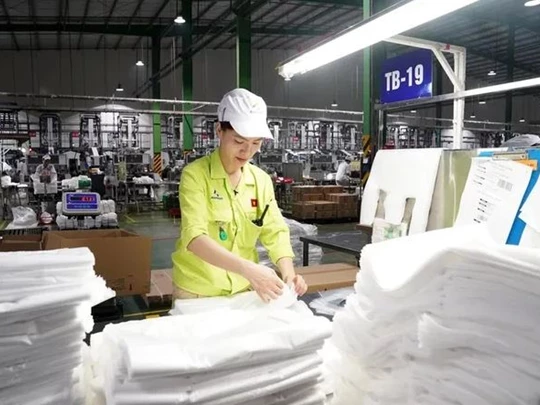
Need to specify policies to promote circular economy soon
Longer-term policies that can facilitate the development of a circular economy are also being studied. Following Decision 687, the Ministry of Planning and Investment is taking the lead in developing a Decree on a pilot mechanism for circular economy development. The Ministry of Natural Resources and Environment has also completed the Draft National Action Plan for the implementation of a circular economy to have a clearer legal framework to support management agencies and the business community.
The business community as well as experts share the same recommendation that to better promote the circular economy, policies need to be concretized soon.
International research shows that in 2021, only 770,000 tons of plastic waste collected in Vietnam was actually recycled, accounting for only about 30%, the remaining 70% was treated in many forms such as landfill or incineration. Therefore, businesses believe that the regulation requiring waste classification at source also needs to be implemented more drastically to promote circular chains.
Ms. Chu Thi Kim Thanh - Operations Director, PRO Vietnam Packaging Recycling Alliance said: "We need to do more to classify waste at source and have a roadmap to gradually limit imported scrap so that we can develop domestic collection."
According to experts, policies related to the circular economy are not yet complete, unified and specific. Especially standards and regulations. For example, the recycled content in products is the only way to encourage businesses to convert.
Mr. Hoang Thanh Vinh - Program Officer in charge of waste and circular economy, United Nations Development Program (UNDP) shared: "If there is a State policy requiring 10% recycled plastic in water bottles, manufacturers will follow. And incentive policies if there is more than 10-20%, people will be given incentives, which will make businesses implement and take action".
Some experts recommend that it is necessary to soon select localities favorable for implementing circular economy to deploy the pilot model, especially localities with many industrial parks.
Associate Professor, Dr. Nguyen Lu Phuong - Deputy Head of the Faculty of Environment, Ho Chi Minh City University of Natural Resources and Environment shared: "Provinces with industrial zones will have a lot of resource consumption and waste generation. It will be used for circulation to help local authorities have better orientation, from which they can propose a policy for 63 provinces and cities".
Perhaps not everyone knows that Vietnam is one of the first countries in Southeast Asia to implement the EPR extended producer responsibility regulation. This shows the determination and efforts of the Party, State and Government in concretizing the National Strategy on Green Growth for the period 2021-2030, with a vision to 2050. This will be a long and difficult journey, requiring the joint efforts of all stakeholders to be able to implement. In which, it is necessary to overcome institutional, infrastructure, technological and cultural challenges, how to make each citizen and each business truly consider waste as a resource; minimize the use of products harmful to the environment.
Source: https://doanhnghiepvn.vn/kinh-te/kinh-te-tuan-hoan-da-tro-thanh-loi-the-canh-tranh-moi/20241026075449306




![[Photo] National Assembly Chairman Tran Thanh Man attends the Policy Forum on Science, Technology, Innovation and Digital Transformation](https://vstatic.vietnam.vn/vietnam/resource/IMAGE/2025/4/13/c0aec4d2b3ee45adb4c2a769796be1fd)


![[Photo] Prime Minister Pham Minh Chinh chairs the Government's special meeting on law-making in April](https://vstatic.vietnam.vn/vietnam/resource/IMAGE/2025/4/13/8b2071d47adc4c22ac3a9534d12ddc17)
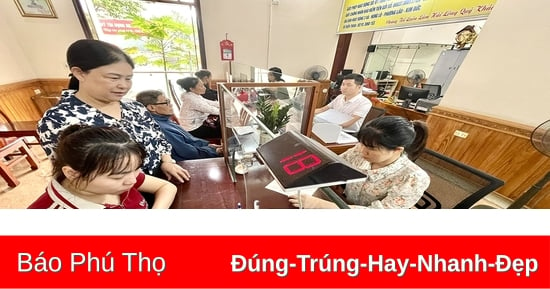

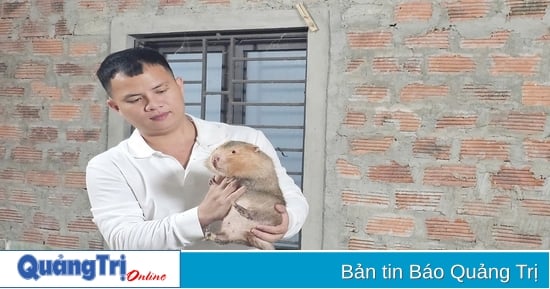

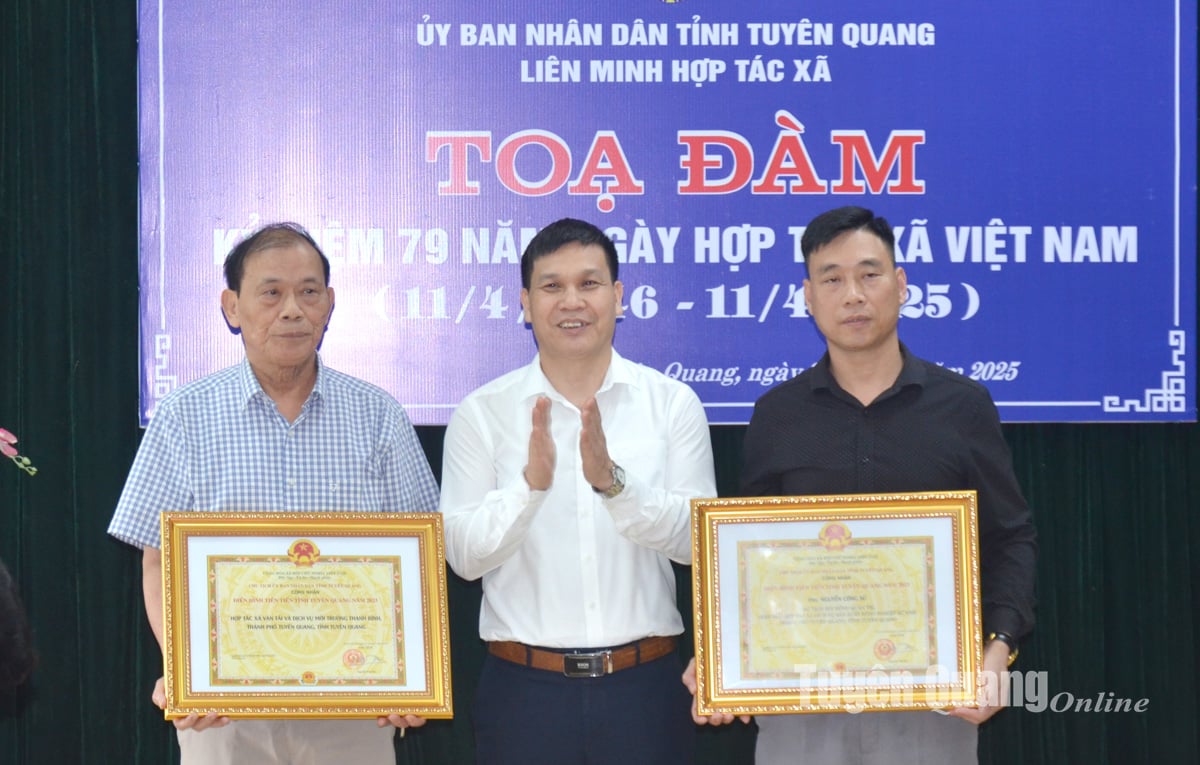

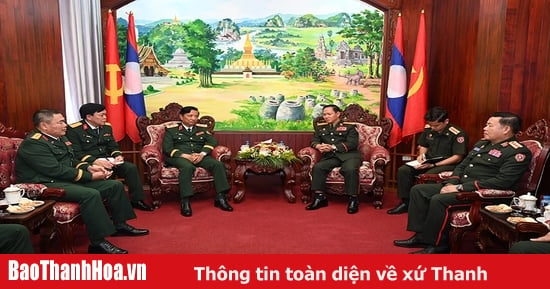

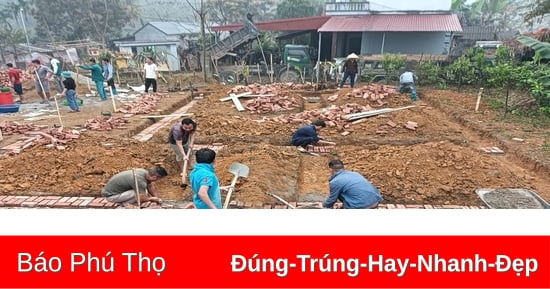

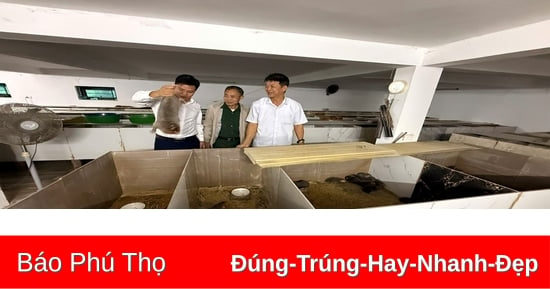
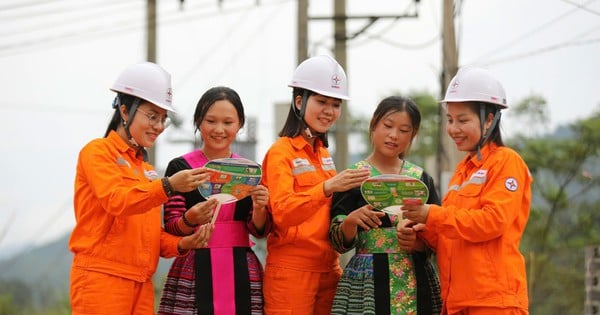
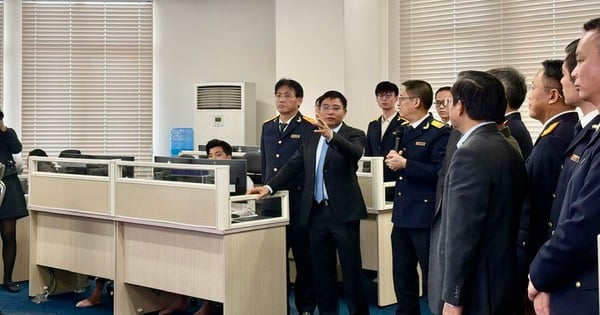
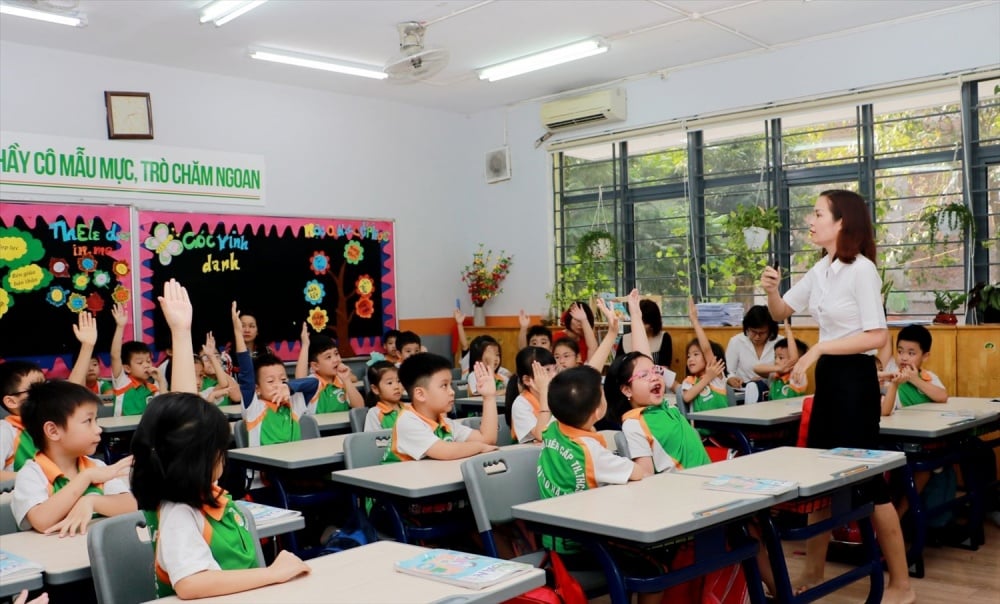
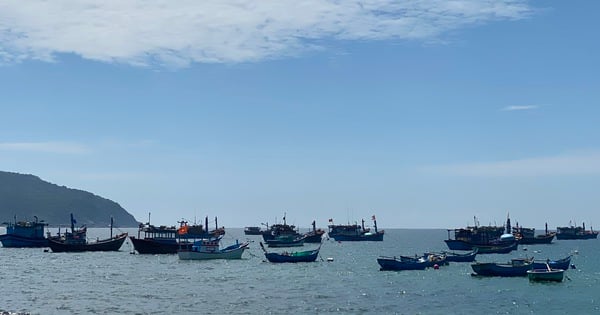
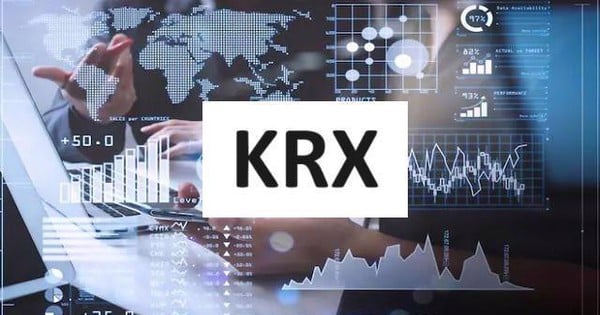
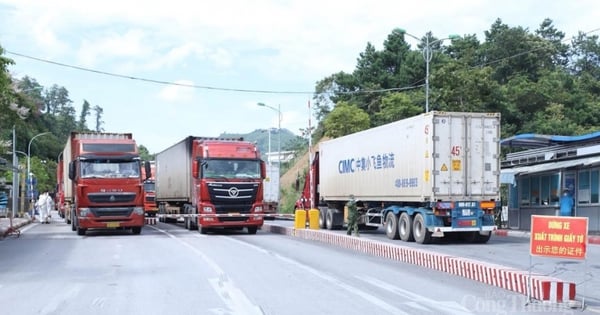



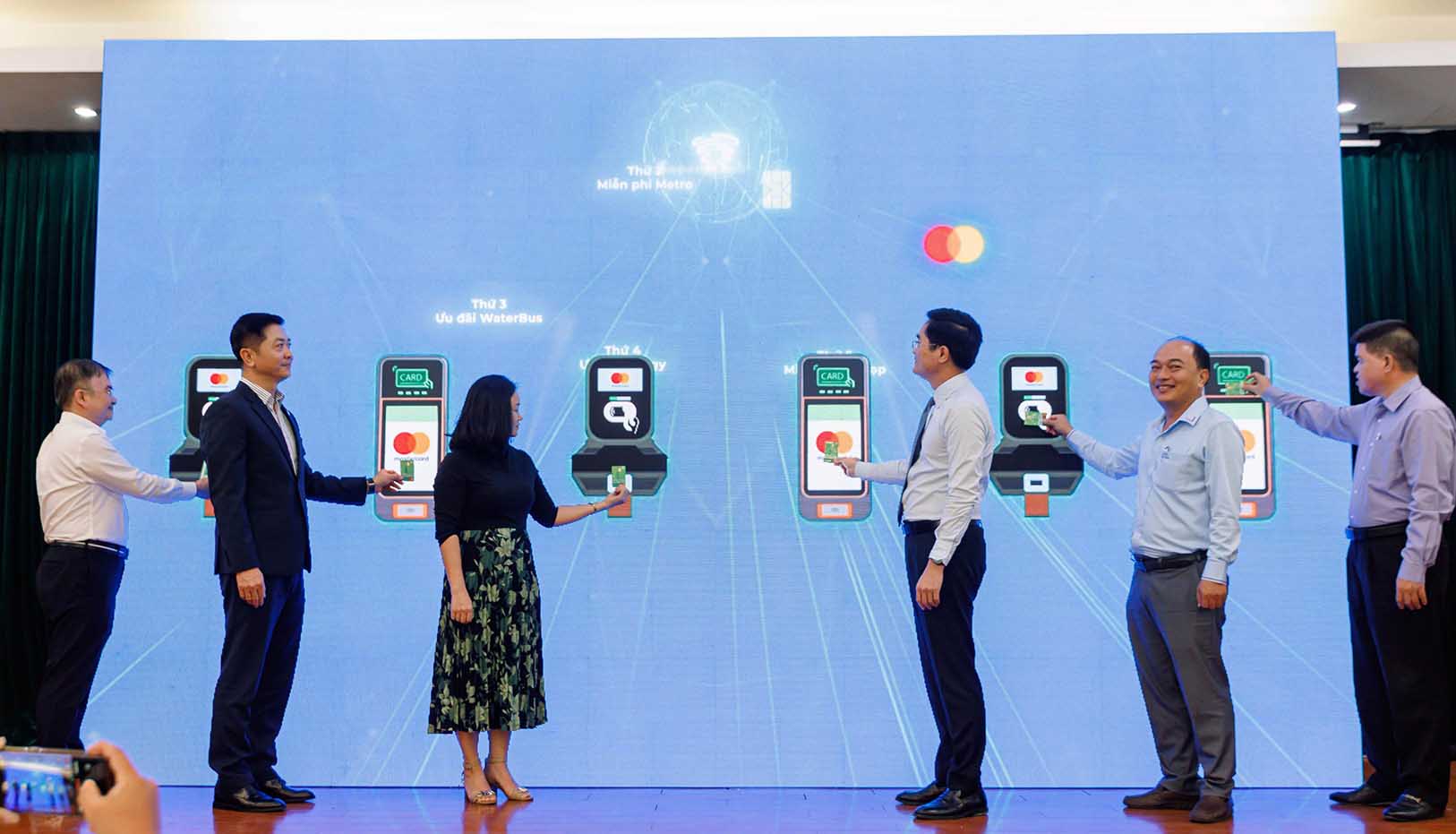
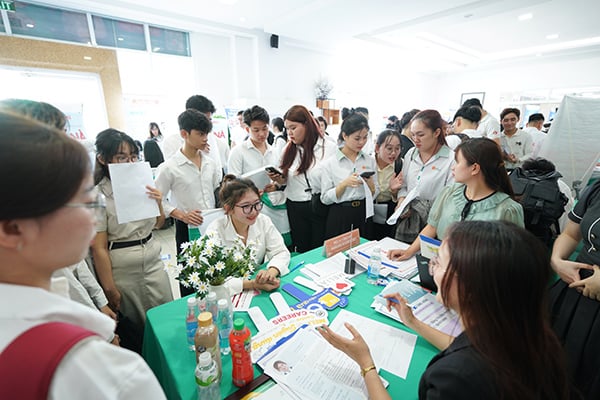

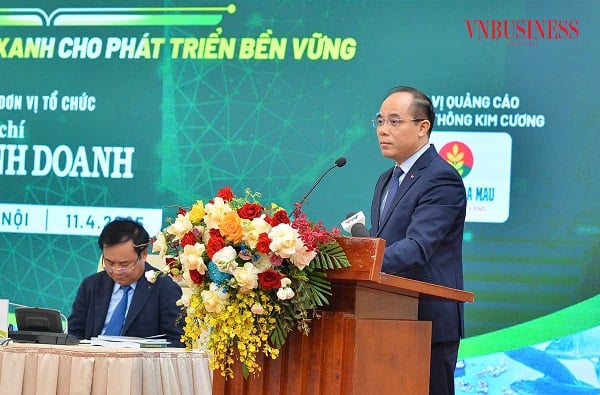
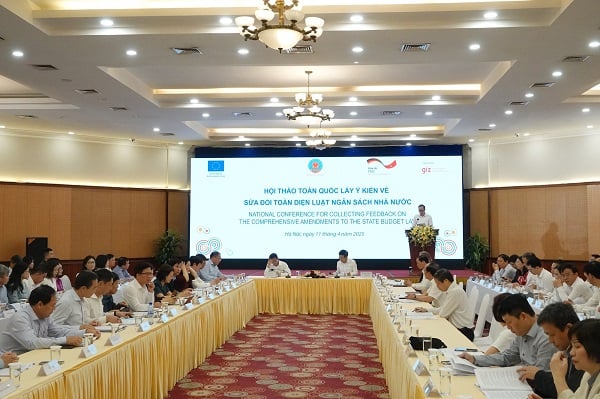

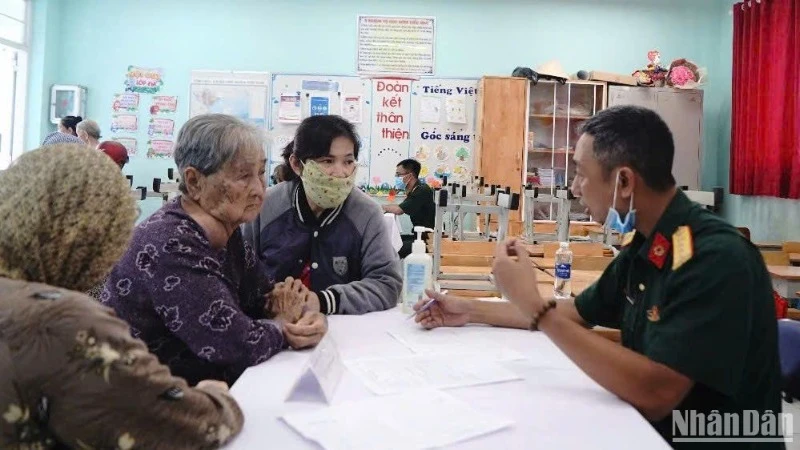












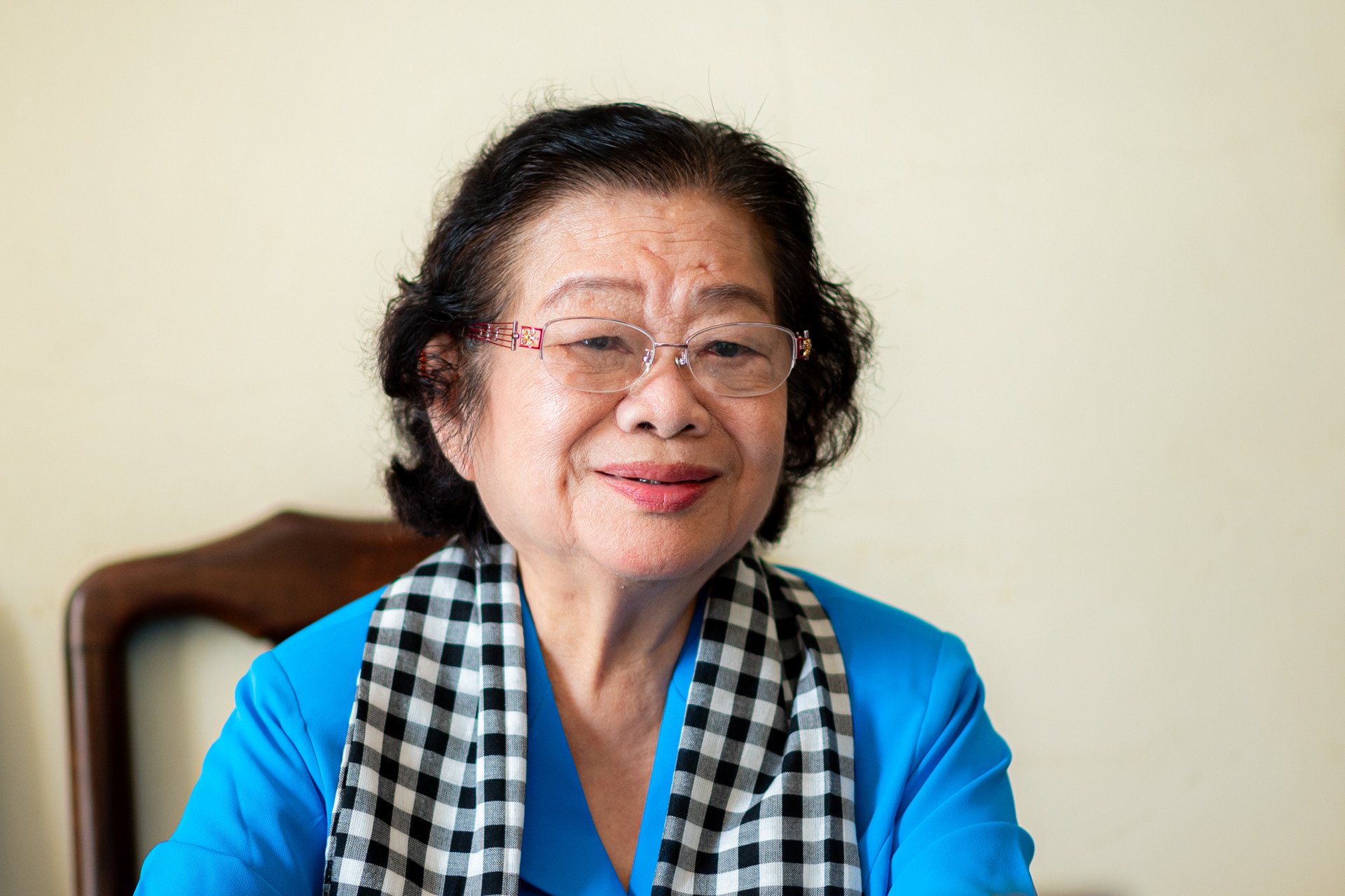

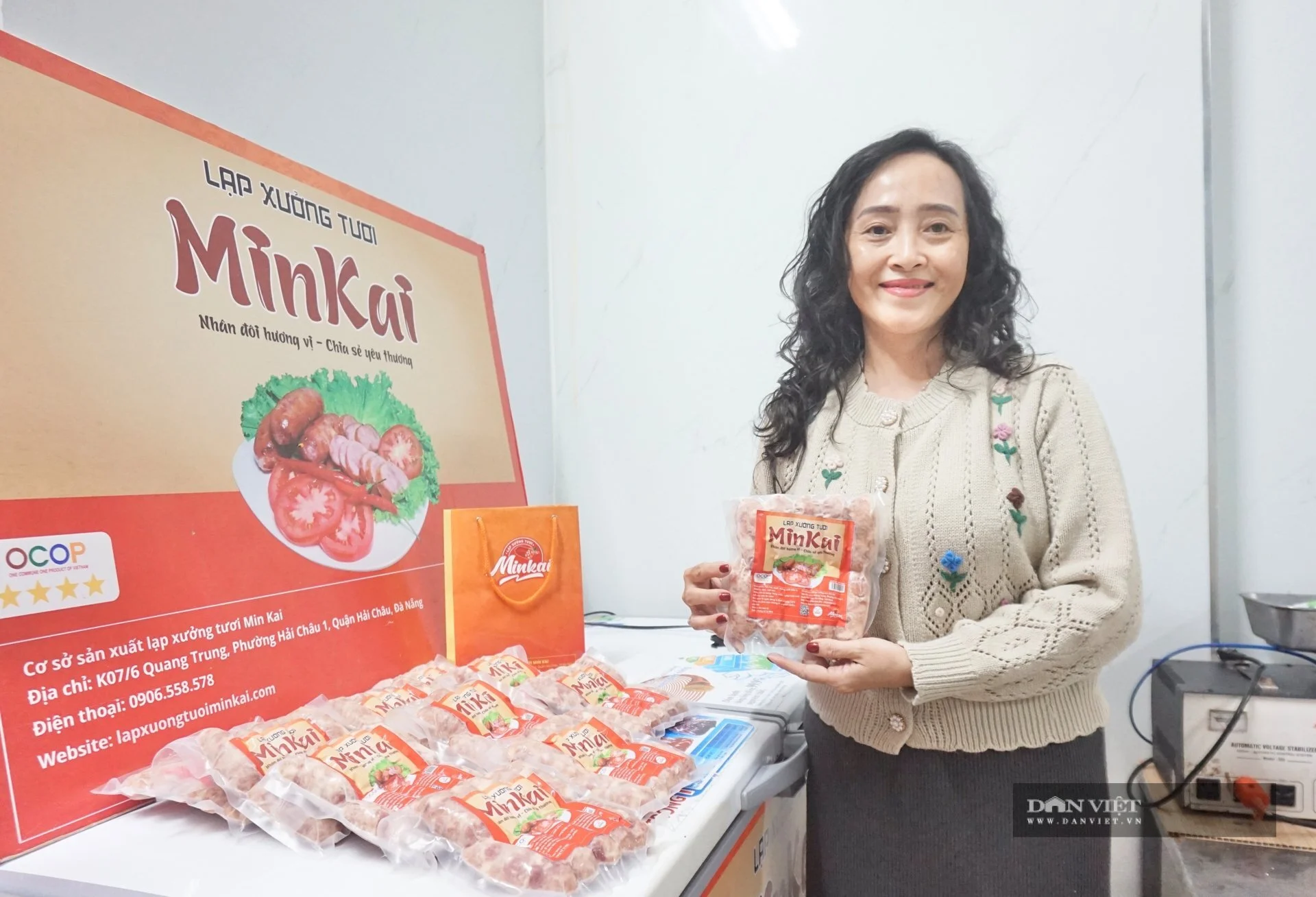














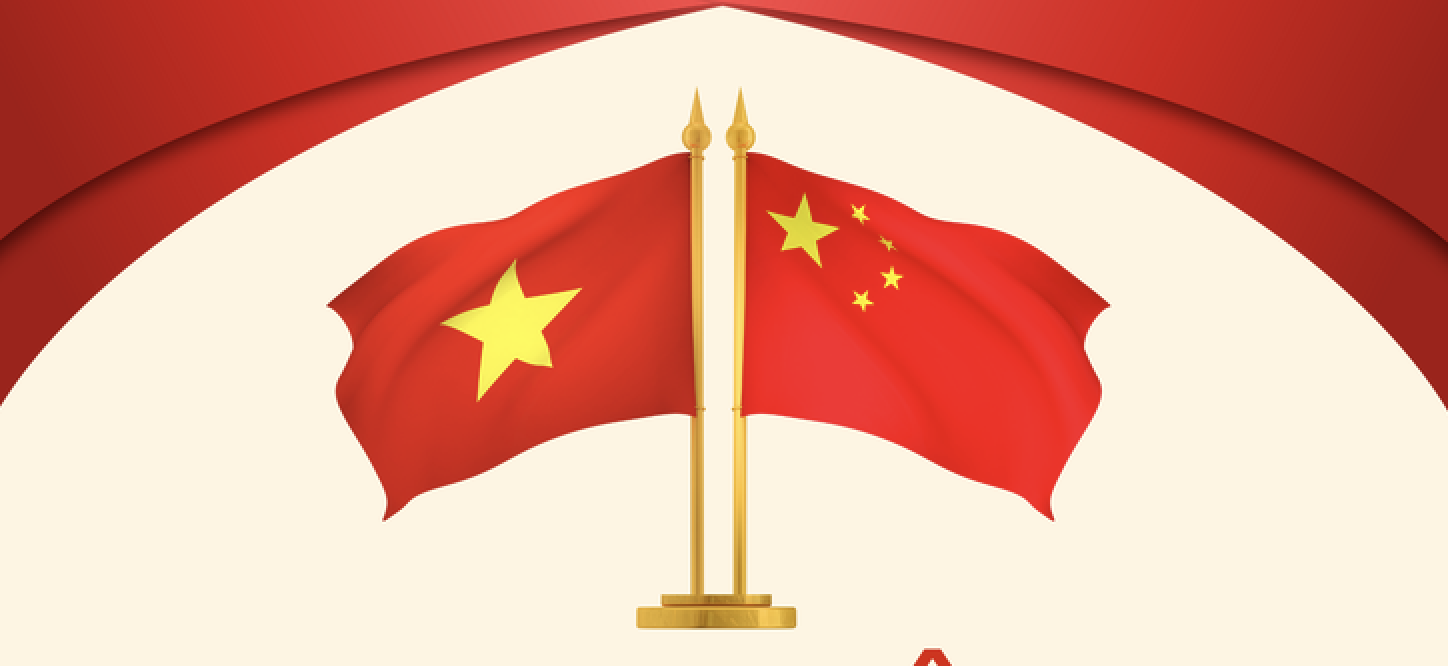
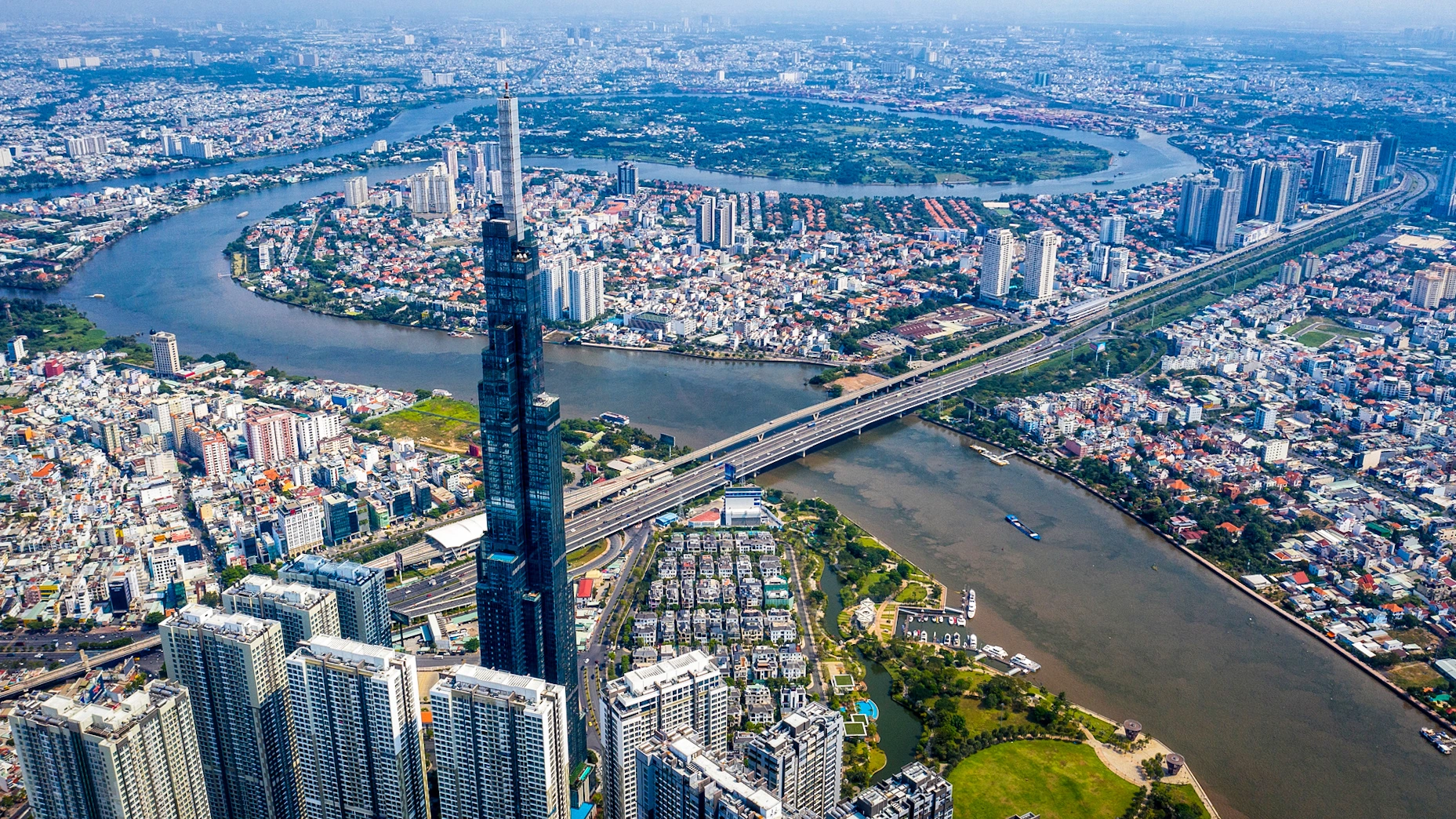





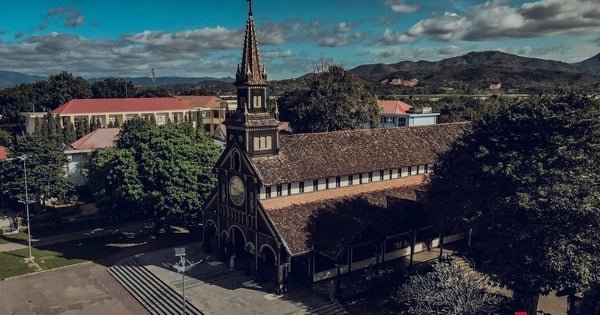

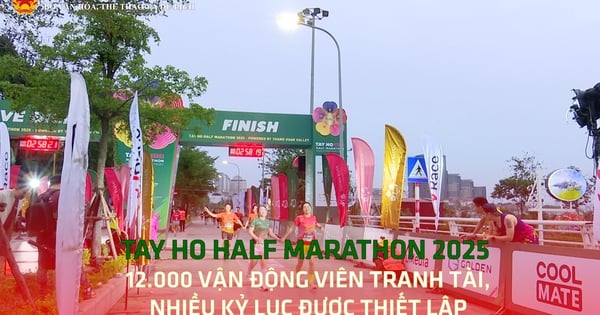
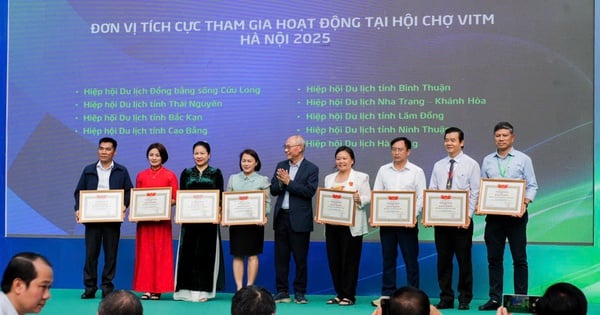




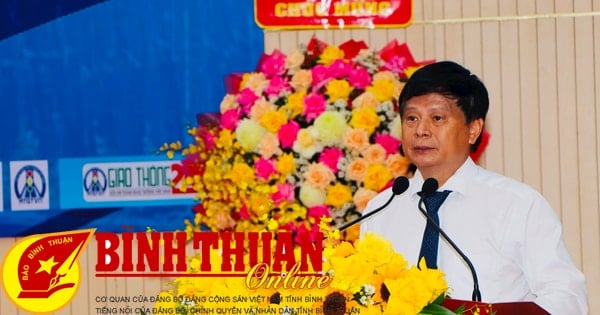

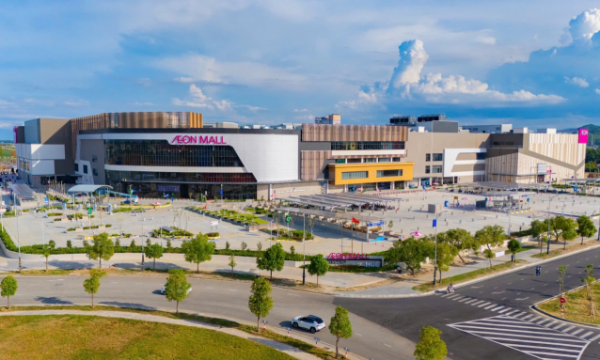


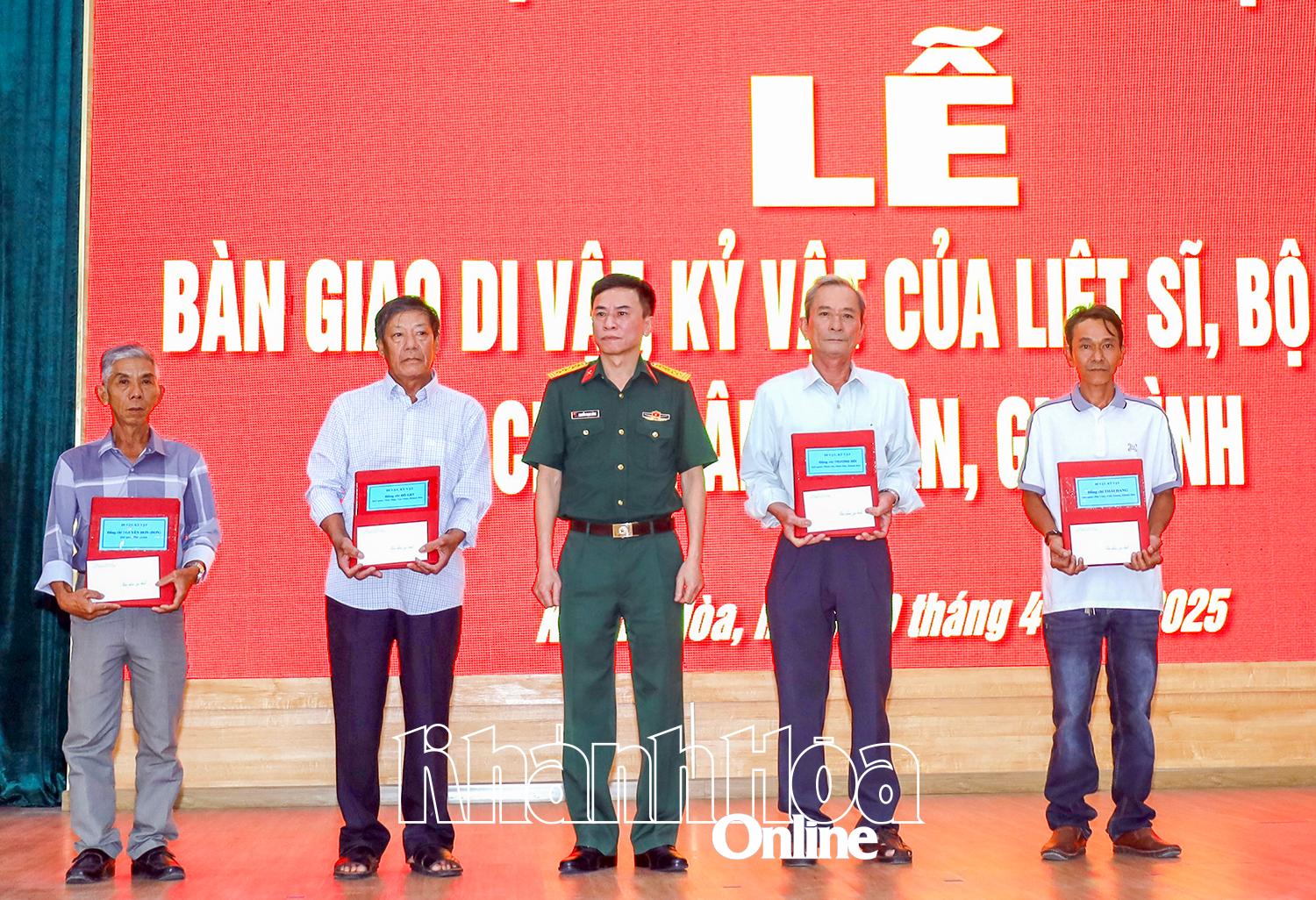

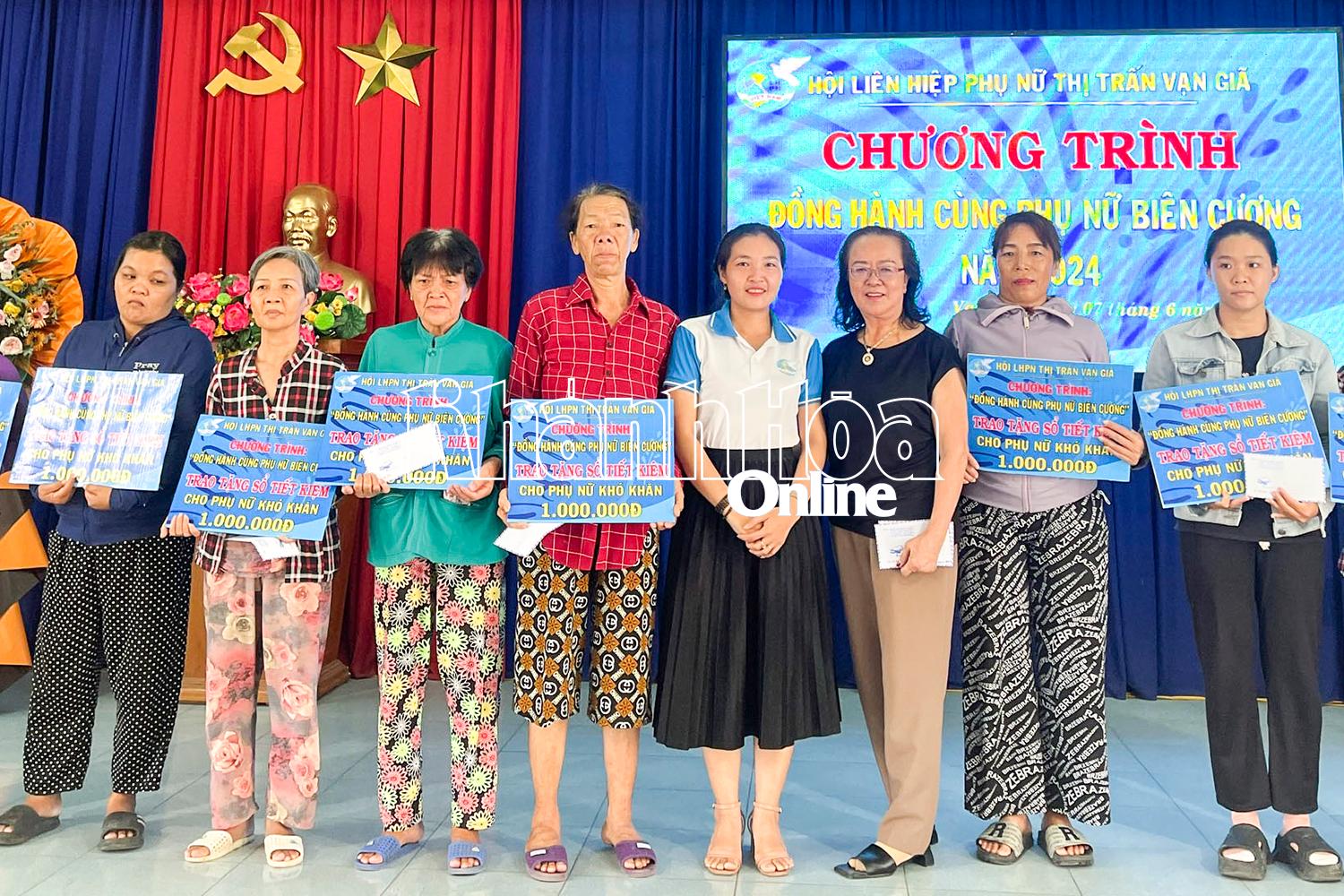
![[Podcast]. Kites and Childhood](https://vstatic.vietnam.vn/vietnam/resource/IMAGE/2025/4/13/a4697c2294a843f39084a21134c3feb0)










Comment (0)